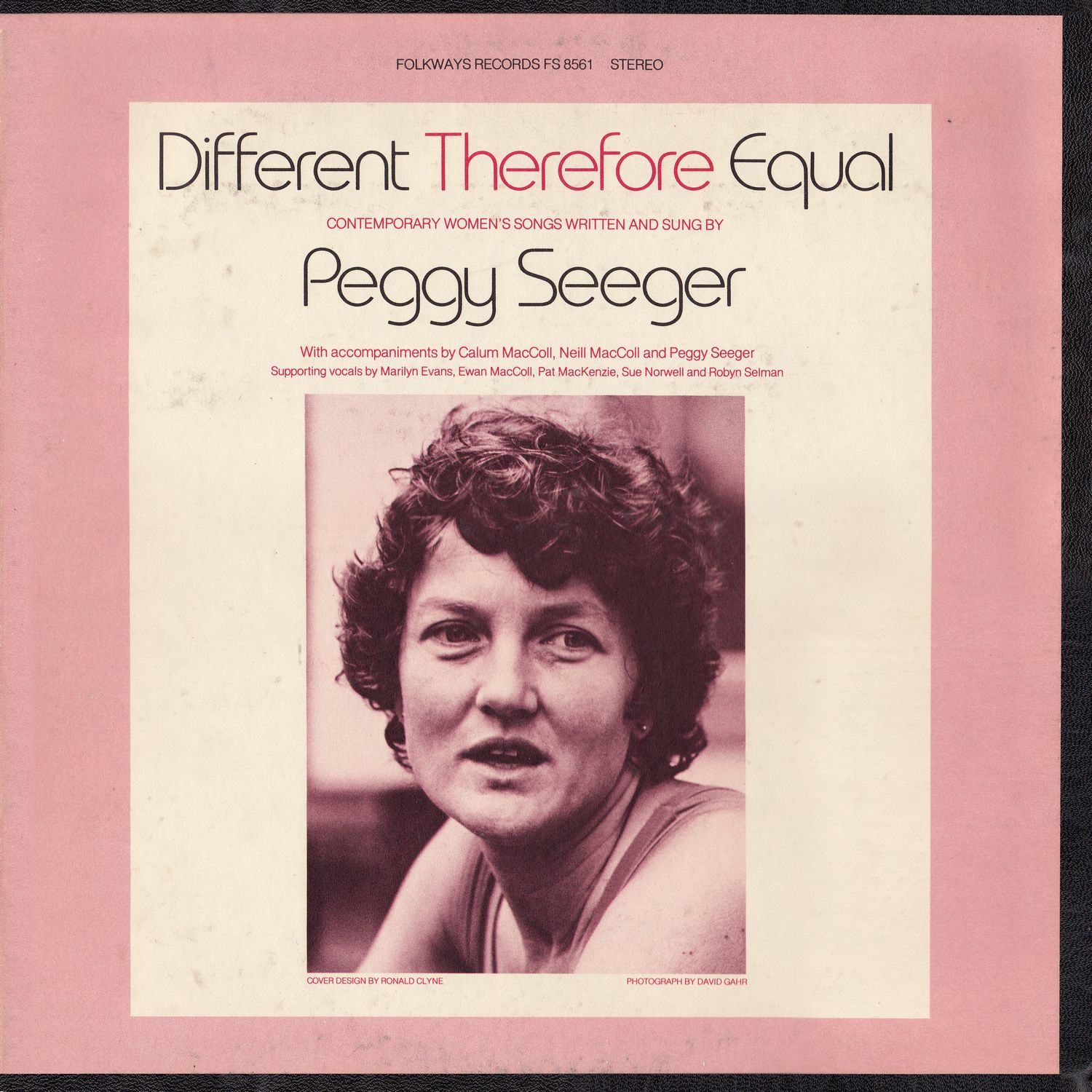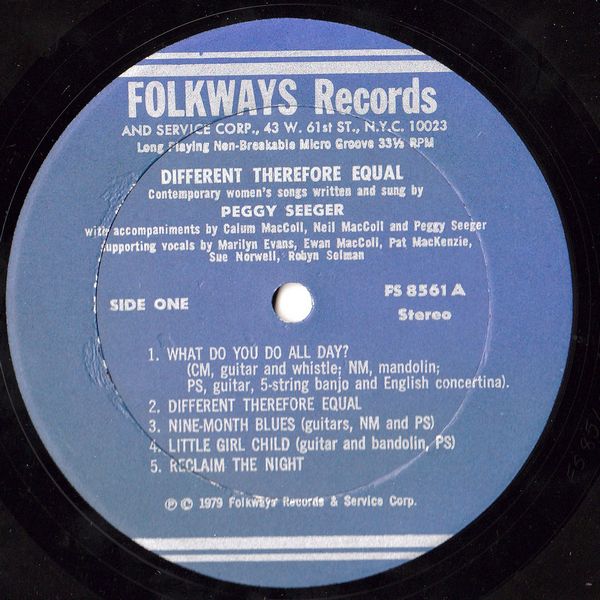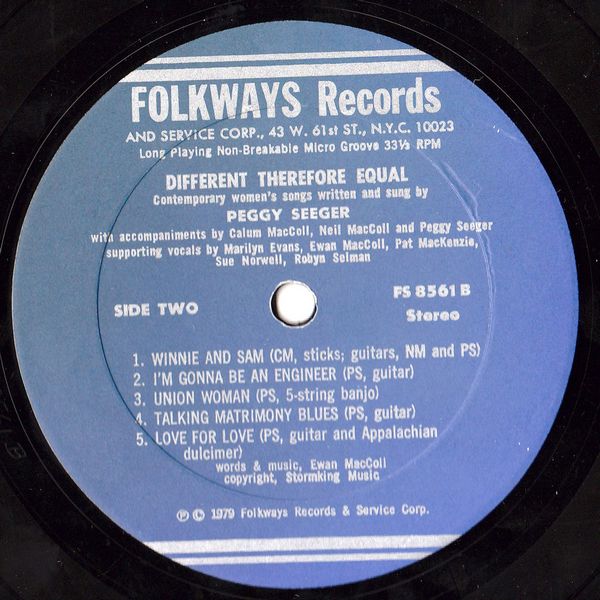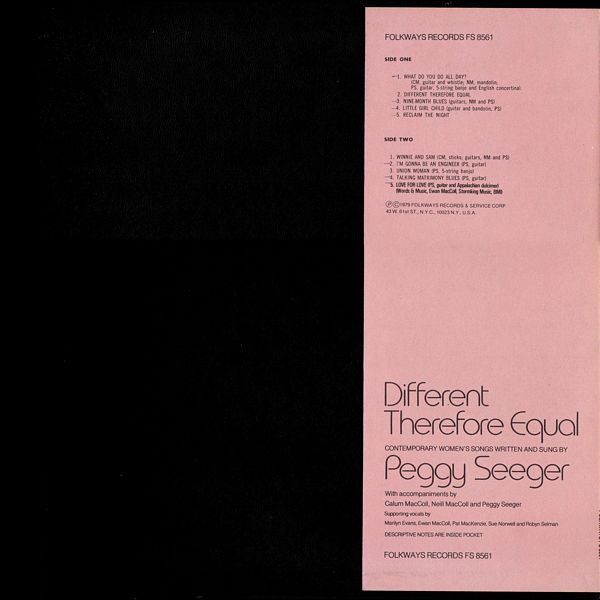
 |



|
Sleeve Notes
WHAT DO YOU DO ALL DAY?
It always distresses me to hear the housewife put down. A good housewife is a genius, an artist, an organiser par excellence. It is a high calling and a woman should not be made to feel an escapist if she wishes to undertake it. Nor, if she happens to be inefficient at it, should it reflect upon her as a woman. Unfortunately, in our society, women enter motherhood and domesticity with a headful of preconceived, often romantic, notions and by then it is too late to turn back.
NINE-MONTH BLUES
The right to choose whether or not to have a child has become one of the most vital platforms on which women's personal freedom rests.
LITTLE GIRL CHILD
Written for our six-year old daughter.
RECLAIM THE NIGHT
The last five years have seen the mushrooming of rape crisis centres, legal reforms, women's self-defence programs, organisation of legal defence for women in rape trials, street demonstrations. The general cry of this movement is "Reclaim the Night!" so that women may be free of the fears that darkness and solitude often bring in either city street or home. It has to be understood that rape is not just a misdemeanor but a crime that can cause permanent damage.
WINNIE AND SAM
Like "Union Woman", this song is based on tape-recordings. Its subject (whose name has been changed) referred to herself with bitter humour as one of the 'high-neck blouse brigade' — i.e., the middle-class battered wife. Another song, on the same subject (entitled "Emily") may be found on Blackthorne BR 1059 (HOT BLAST).
I'M GONNA BE AN ENGINEER
Written in 1970, this piece is rapidly becoming the anthem of the women's movement in Both Britain and America. The various metal trades which are included in the engineers union were once considered outside the province of women's activity (except in wartime, when women are welcomed into men's jobs and generally make unprecedented advances in their own cause, education and opportunities). Although our heroine wants to be an engineer, the song seems to have enormous appeal to women and men in all walks of life, representing as it does the constant fixing of women into stereotyped roles, usually within the orbit of the family structure.
UNION WOMAN
In August, 1976, 160 workers at the Grunwick film processing plant in West London, struck for the right to join a trade union. A large proportion of the strikers were Asian ladies and in the course of the struggle Mrs. Jayaben Desai was thrust into the role of strike leader. Pitched battles took place on the picket line. APEX, the union which the strikers joined, failed to call for a mass picket. ACAS, the mediating body, and the Trades Union Congress, were equally reluctant to come to the aid of the strikers. After 14 months of bitter fighting, the strike was lost. Mrs. Desai is still looking for a job. This song is the result of three tape-recorded interviews with her.